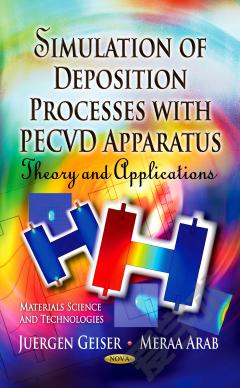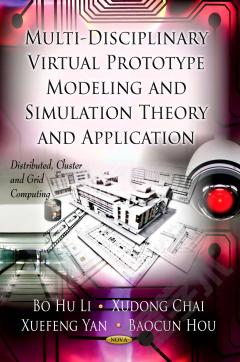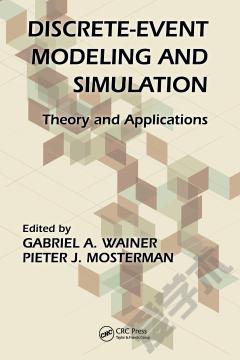Models and Simulation of Deposition Processes with CVD Apparatus: Theory and Applications
We discuss mesoscopic models, which reflect the transport and reaction of the gaseous species through a homogeneous media in the chamber. The models include the conservation of mass and the porous media are in accordance with Darcy‘s law.The transport through the stationary and nonionized plasma field is treated as a diffusion-dominated flow, [60], where the metallic deposit and the gas chamber look like porous media. Based on these assumptions, we taken into account our expertise of modeling transport-reaction problems in groundwater.While solving such problems, so-called multi-scale processes and multi-physical processes arise. Conventional treatment of black-box discretization and solver methods are impossible or complicated.We contribute physically motivated methods, with respect to decomposing processes for simpler-coupled ones. The idea of integrating one-dimensional analytical solutions of simpler equation systems and additionally iterative solver methods to couple the simpler equations leads to so-called iterative operator-splittingmethods.We present so-called decomposition methods, which decouple the different scales and solve the equations based on scales with each other. Therefore, the previous coupling errors between the terms of the equations can be controlled and minimized with our iterative methods.Furthermore, additional domain decomposition are used to decouple the complicate domains, and nonlinear problems are linearized with relaxation schemes. Our flexible iterative operator-splitting method is analyzed for time, space, and nonlinear model equations. Because of reducing the tremendous splitting error with more iteration steps, the method is competitive for multi-scale and multi-physical problems.
{{comment.content}}








 京公网安备 11010802027623号
京公网安备 11010802027623号